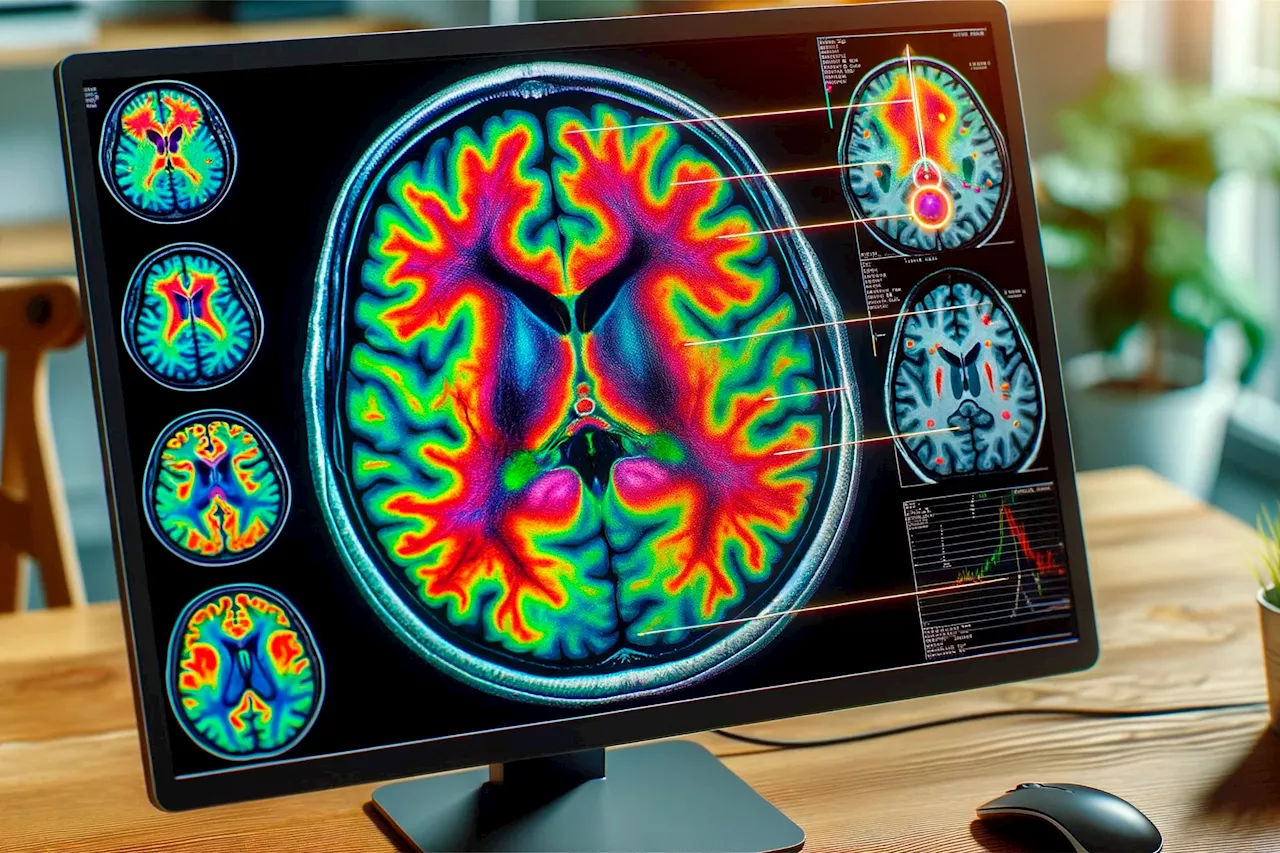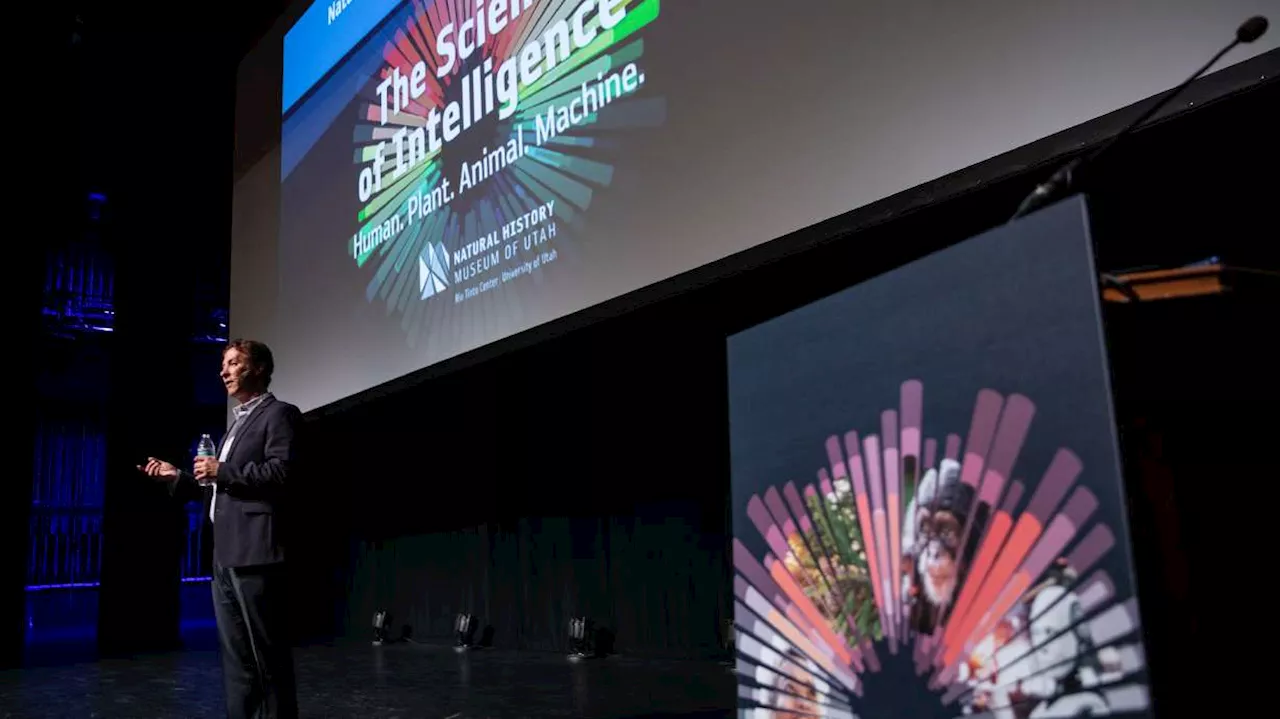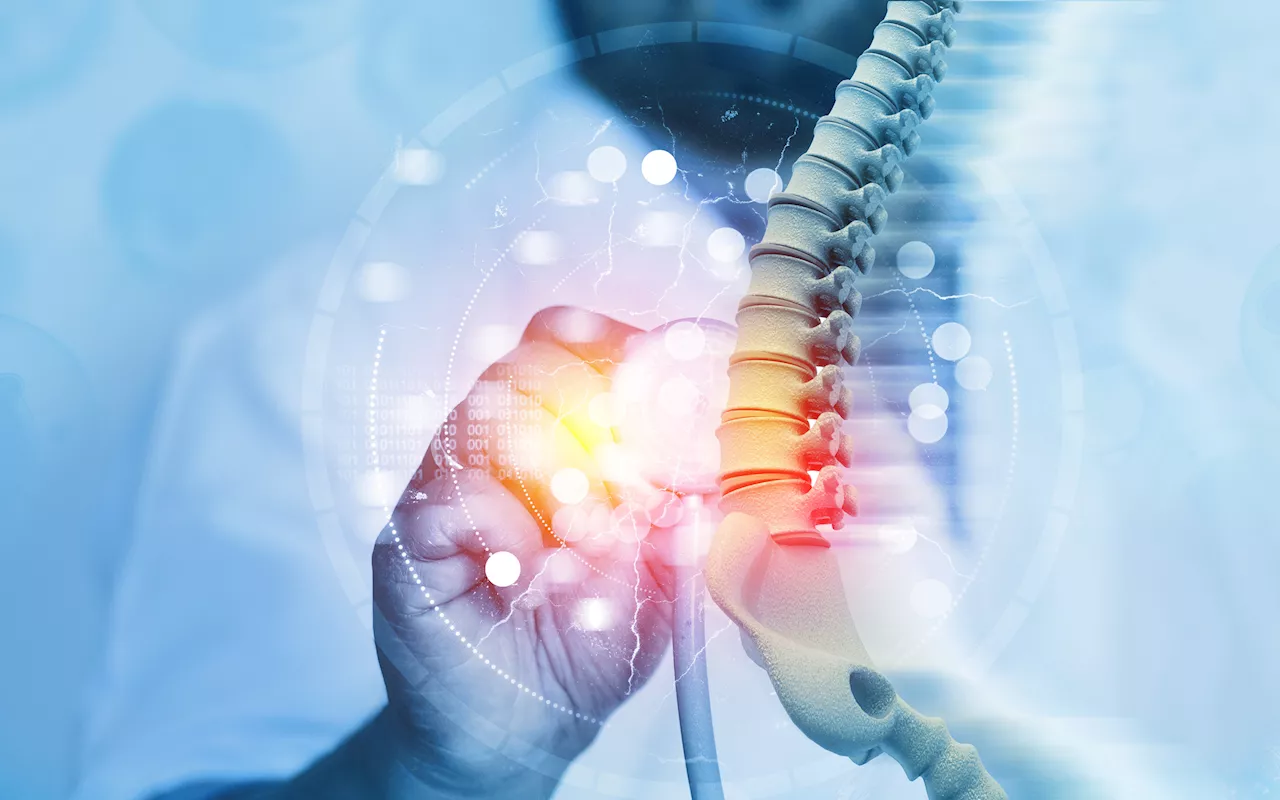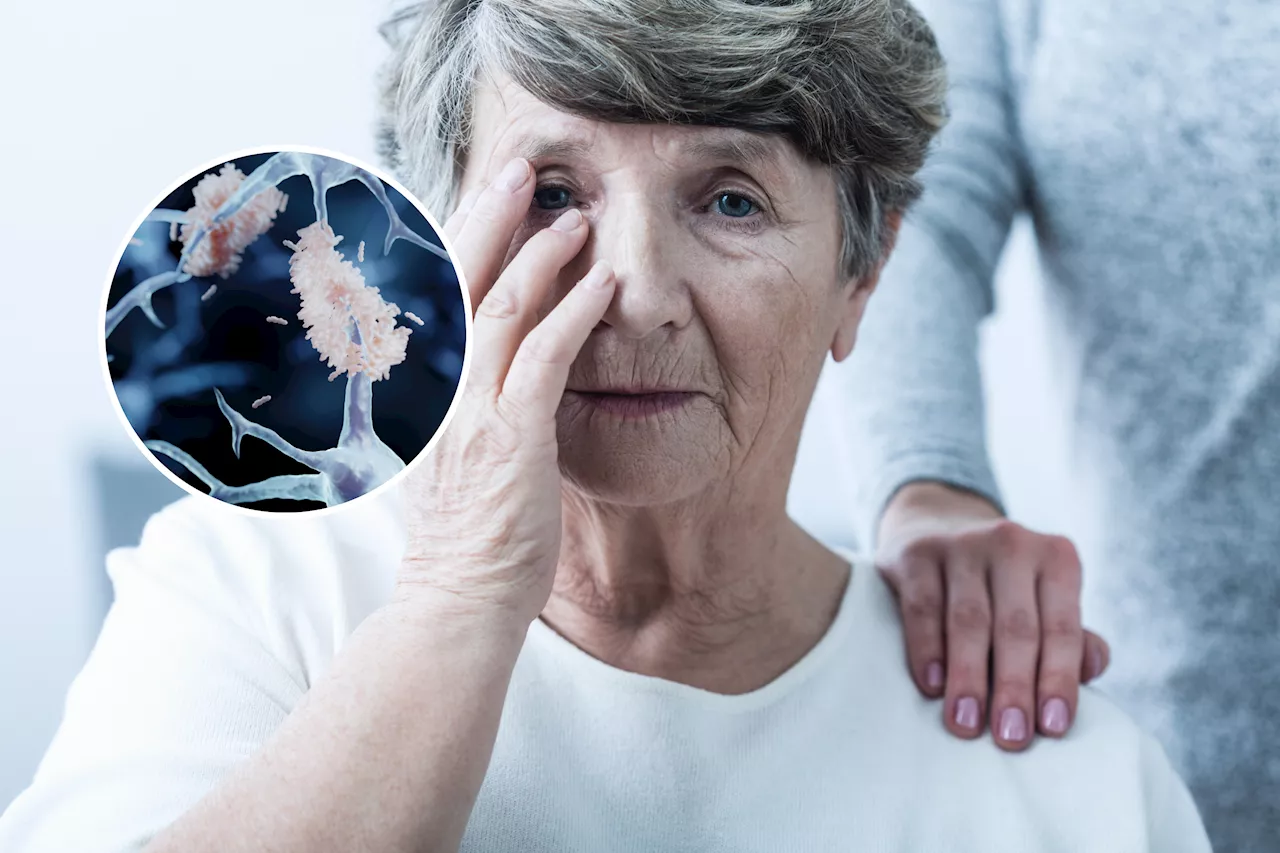The habits produce a 'synergistic effect' on our risk of developing Alzheimer's Disease and general cognitive decline.
Two common habits could be putting you at an increased risk of Alzheimer's and related dementias, neuroscientists have warned.Alzheimer's disease affects roughly 5.8 million Americans, according to the Centers for Disease Control and Prevention. The progressive condition is the most common form of dementia and is associated with memory loss and cognitive decline in the regions of the brain involved in thought, memory and language.
'Work out of my lab using animal models, which allow us to investigate the mechanism of these changes in the brain on a really rapid timescale, suggests that even moderate amounts of alcohol consumption in midlife can lead to long-lasting changes in the brain that are unlikely to return to their baseline trajectories,' Crowley said.In particular, alcohol consumption may cause changes in glutamate signaling, which plays an important role in shaping our learning and memory.
United States Latest News, United States Headlines
Similar News:You can also read news stories similar to this one that we have collected from other news sources.
 Mutation Helps Even Carriers of 'Alzheimer's Gene' Avoid Alzheimer'sA genetic mutation that boosts cell function could protect people against Alzheimer’s disease, even if they carry another gene mutation known to boost dementia risk.
Mutation Helps Even Carriers of 'Alzheimer's Gene' Avoid Alzheimer'sA genetic mutation that boosts cell function could protect people against Alzheimer’s disease, even if they carry another gene mutation known to boost dementia risk.
Read more »
 Neuroscientists Find Key to Language Impairments Deep in the BrainScience, Space and Technology News 2024
Neuroscientists Find Key to Language Impairments Deep in the BrainScience, Space and Technology News 2024
Read more »
 – Neuroscientists Unveil Potential PTSD and Alcohol Use Disorder TreatmentScience, Space and Technology News 2024
– Neuroscientists Unveil Potential PTSD and Alcohol Use Disorder TreatmentScience, Space and Technology News 2024
Read more »
 Neuroscientists David Eagleman proposes test of intelligence for AI to Utah audienceNeuroscientist and author David Eagleman proposed a novel test of intelligence for artificial intelligence during a lecture Tuesday at the University of Utah.
Neuroscientists David Eagleman proposes test of intelligence for AI to Utah audienceNeuroscientist and author David Eagleman proposed a novel test of intelligence for artificial intelligence during a lecture Tuesday at the University of Utah.
Read more »
 Neuroscientists Uncover Brain Region 'Crucial' to Deep SleepThe discovery paves the way for new treatments tackling sleep disorders and memory consolidation.
Neuroscientists Uncover Brain Region 'Crucial' to Deep SleepThe discovery paves the way for new treatments tackling sleep disorders and memory consolidation.
Read more »
 Neuroscientists Discover That Spinal Cords Can Make Their Own MemoriesThe discovery opens up new avenues for treating patients in recovery from spinal cord injuries.
Neuroscientists Discover That Spinal Cords Can Make Their Own MemoriesThe discovery opens up new avenues for treating patients in recovery from spinal cord injuries.
Read more »
